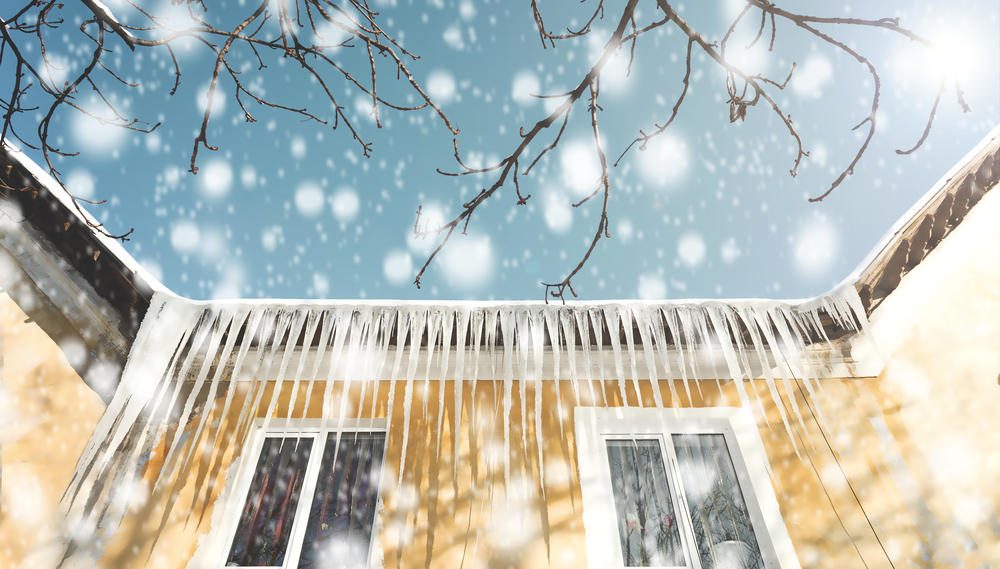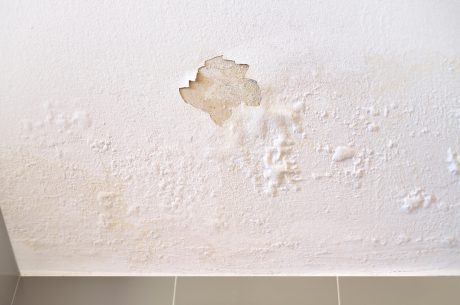We know life is filled with uncertainties! However, protecting valuable assets from unforeseen disasters is always a priority for residential and commercial property renters. From this perspective, insurance coverage plays a crucial role, and fire damage legal liability coverage is a critical component of a comprehensive insurance policy. In this blog, we’ll delve into the depths of fire damage legal liability coverage, explore why it’s significant, and how it can provide financial protection during fire-related incidents.
What is Fire Legal Liability Coverage?
According to the International Risk Management Institute (IRMI), fire damage legal liability coverage refers to the protection offered to a tenant against liability for any fire-related damages to the rented premises, including garages, that they occupy. This coverage is typically an exception to policy exclusions applicable to property in the tenant’s care, custody, or control (CCC). In the context of a standard commercial general liability (CGL) policy, the named insured’s fire legal liability is covered up to the limit specified under the “damage to premises rented to you” provision.
For businesses, the implications of a fire incident can be far-reaching, especially when operating on rented premises. From the loss of valuable inventory and equipment to potential disruptions in operations and revenue generation, they must also deal with the liability of starting a fire. The landlord might have grounds to sue any business owner for damages. In such circumstances, fire damage legal liability coverage assumes a crucial role by providing financial protection against potential legal claims and expensive settlements.

A tenant might be required to purchase fire legal liability insurance when renting a space. In the unfortunate event of a fire, a landlord can claim the tenant is legally responsible for causing the fire and can sue them for the damages. The tenant might find themselves responsible for the cost of repairs and any additional expenses such as temporary accommodation and legal fees. Fire legal liability coverage acts as a safety net, offering financial protection and shielding those living in a rented property from potentially dire economic consequences.
Understanding the Importance of Fire Damage Legal Liability Coverage
Mitigating Financial Losses
Fires have the potential to cause devastating property damage. From structural damage to loss of valuable possessions, the financial repercussions can be far-reaching and long-lasting.
Without the safety net of adequate insurance coverage, these expenses could escalate into an impossible financial burden, jeopardizing the financial stability of tenants and businesses alike. Moreover, the cost of repairs or replacements can extend beyond the immediate aftermath of the fire, especially if the property was underinsured. Therefore, having comprehensive fire damage legal liability coverage is not just a sound financial decision; it is a lifeline that can safeguard one’s assets and ensure stability in the face of an unexpected disaster.
Legal Liability Defense Coverage
Fire damage legal liability insurance goes beyond merely covering property damages; it extends its protective wings to include provisions for legal defense costs as well. Legal proceedings can be complex, time-consuming, and expensive. However, with the support of a robust fire damage legal liability policy, tenants and businesses can find reassurance that they are not navigating the legal system alone.
The cost of legal representation and defense can be substantial, often putting tremendous strain on the involved parties’ financial resources. However, with this coverage in place, the insurance company shoulders the burden of legal fees and expenses, freeing policyholders from the worry of exhausting their savings or compromising other aspects of their lives to handle legal challenges.
Peace of Mind
In the face of such harrowing events, fire legal liability insurance emerges as a beacon of assurance and protection for policyholders, offering them much-needed peace of mind amidst life’s uncertainties.

The reassuring presence of fire damage legal liability coverage in an insurance policy becomes a comforting buffer against the potential consequences of fire incidents. This specialized coverage serves as a safety net, shielding policyholders from the debilitating financial fallout that could result from a fire accident.
Legal Liability Coverage Limits and Policy Exclusions
To make the most of your insurance policy and protect your assets, you’ll need to be familiar with coverage limits and policy exclusions. Not understanding can lead to financial surprises and significant setbacks when it comes time to file a claim.
Coverage limits are the financial boundaries your insurance company will operate in case of a fire damage claim. These limits represent the maximum amount the insurer is willing to pay to cover the costs associated with the damages. To ensure that you receive adequate protection, carefully assess your assets’ value and potential legal liabilities before selecting a coverage limit. You could be responsible for the difference if your coverage limit falls short of the actual damages incurred.

On the other hand, exclusions represent the circumstances or events that your insurance policy explicitly does not cover. These exclusions can vary significantly among different insurance policies, so be sure to familiarize yourself with the specifics of your fire legal liability insurance. Standard exclusions within this context often include damages resulting from intentional acts, criminal activities, and negligence that could have been reasonably prevented.
Understanding these exclusions is vital for preventing potential disputes with your insurance provider so you can take the appropriate precautions to minimize risks. Complying with safety regulations, maintaining fire prevention measures, and implementing proactive risk management strategies can significantly reduce the likelihood of a claim denial based on exclusions.
The Role of Negligence in Fire Damage Claims
In many fire damage cases, negligence must be proven to establish liability. Negligence refers to the failure to exercise reasonable care, resulting in harm or damage to others. In the case of fire damage, negligence may involve actions such as leaving flammable materials near heat sources, faulty electrical work, or inadequate fire safety precautions.
Proving negligence is vital for both the claimant and the defendant. The claimant must demonstrate that the defendant’s actions or inactions directly led to the fire and subsequent damages. On the other hand, the defendant must prove that they acted responsibly and took reasonable precautions to prevent the fire.
It’s important to remember that fire legal liability insurance may not provide protection if the policyholder is found to be grossly negligent or acted with malicious intent. Intentional acts and gross negligence are often void coverage in most insurance policies.
Factors Affecting Premiums and Coverage Costs
Several factors influence the premiums and costs for fire damage legal liability coverage. Insurance companies assess these factors to determine the level of risk associated with insuring a specific individual or property. Some of the key elements include:
- Location. Properties in high-risk fire areas, such as regions prone to wildfires, may attract higher premiums due to the increased likelihood of fire damage.
- Property Type. The type of insured property, whether a residential home or a commercial building, will impact the coverage costs.
- Coverage Limits. Higher coverage limits will result in higher premiums as they increase the potential payout for the insurance company.
- Fire Safety Measures. Fire safety equipment like smoke detectors, fire extinguishers, and sprinkler systems can reduce premiums as they mitigate the risk of fire-related incidents.
- Claims History. A history of previous fire damage claims may lead to higher premiums, which signals a higher risk of future claims.

Fire damage legal liability coverage is an essential aspect of insurance for renters. It offers financial protection against losses from accidental fires that cause damage to their rented premises. As a policyholder, you can make informed decisions by understanding the coverage limits, exclusions, and factors influencing premiums and ensuring you have adequate protection in the face of potential fire-related incidents.
Insurance is not just an added expense but a wise investment in securing your financial future and safeguarding what matters most. By taking the time to research and obtain comprehensive fire legal liability coverage, you are taking a proactive step toward protecting your assets and achieving peace of mind!
Need a Fire Restoration Company That Handles Insurance Claims? Call PuroClean of Birmingham!
If you are in the unfortunate situation of dealing with legal liability for fire damage and need a reliable restoration company, look no further than PuroClean of Birmingham. With our expertise and experience in fire restoration, we are the company you can trust to get your property back to its pre-loss condition efficiently and effectively. We have a comprehensive approach to all property damage scenarios, addressing the restoration process and understanding the complexities of insurance claims. When you choose PuroClean of Birmingham, you can rest assured that you have a dedicated team of professionals who will guide you through the entire restoration and insurance claim process, providing the support you need. Call today at (205) 994-7227.



 PuroClean of Birmingham
PuroClean of Birmingham